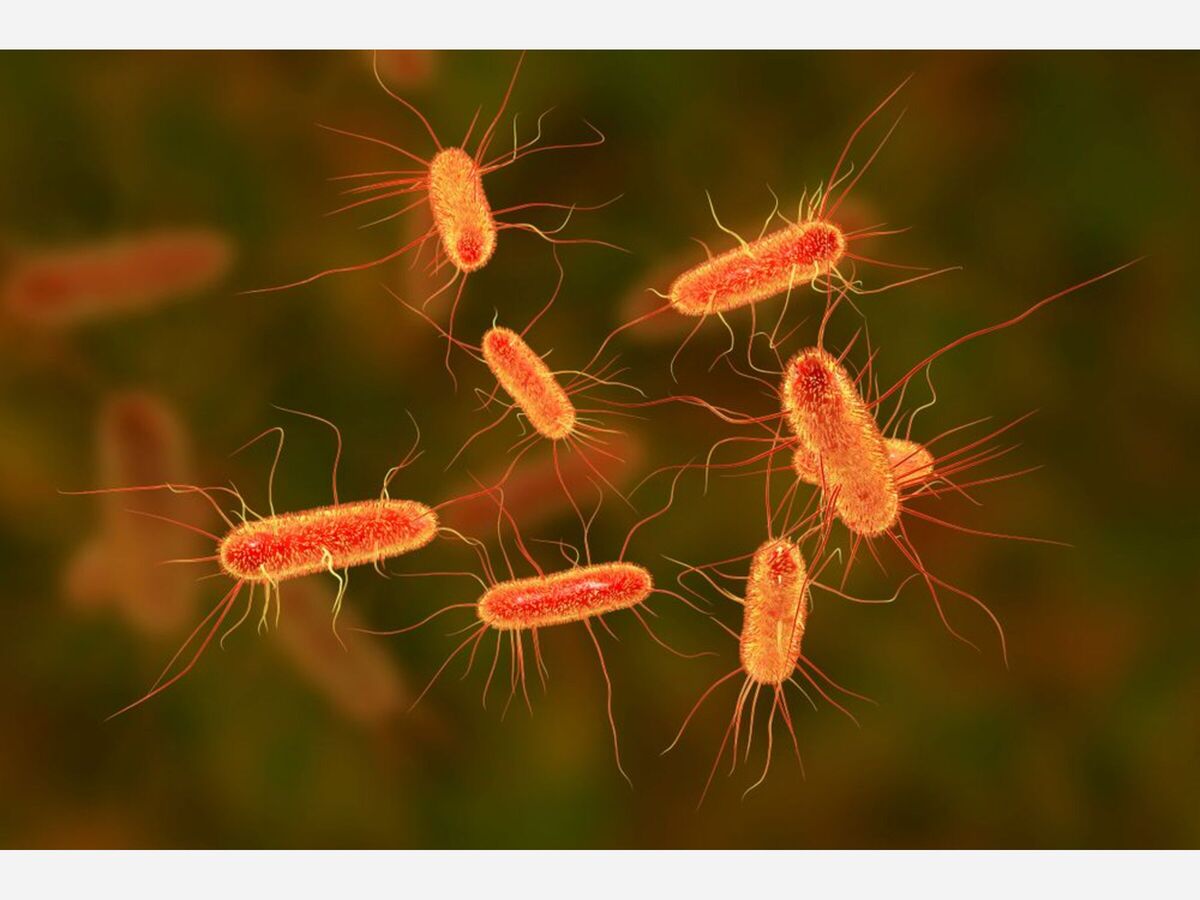Image


Public Health is investigating a new cluster of seven children infected with Shiga toxin-producing E. coli (also known as STEC) in King County. All cases are currently under 14 years of age, and three are under five years of age. Cases have been reported between April 22–May 1, 2021.
Our investigation is ongoing, and we have not identified any foods, restaurants, or other sources in common among all cases. It is not yet known whether these cases share the same source or not. Updates will be posted when more information is available.
All 7 children developed symptoms consistent with STEC, including diarrhea (often bloody), abdominal cramping, nausea, and vomiting. Illness onsets occurred during April 17–29, 2021. Six children have been hospitalized; this includes one child who developed a type of kidney complication called hemolytic uremic syndrome (HUS) and is recovering and a second child who is suspected to have HUS.
Public Health is conducting interviews with cases and their parents/guardians to help identify any common exposures. We are also working with the Washington State Department of Health to complete further testing and to help identify possible related cases in other counties.
If you or your child develop painful or bloody diarrhea, diarrhea that lasts more than 3 days or is accompanied by a high fever or decreased urine, contact your healthcare provider to see if testing for STEC is indicated.
STEC and other foodborne infections occur throughout the year but may increase in frequency during late spring and summer months.
Anyone ill with suspected or known STEC should not work in or attend childcare or preschool, or work in food handling or healthcare until cleared by Public Health.
Six of the cases have preliminary testing indicating infections with E. coli O157 via PCR, and the seventh case has a positive EIA test for STEC. Further testing to confirm the strain and do genetic fingerprinting (whole genome sequencing or WGS) is underway at the Washington State Public Health Laboratory. These WGS results will help determine whether these cases were infected with the same strain of STEC.
Report possible foodborne illness
E. coli bacteria normally live in the intestines of humans and animals. Many strains of E. coli bacteria exist, and most of them are harmless or beneficial to human health. STEC are strains of E. coli that produce Shiga toxin (such as E. coli O157:H7) and can cause serious illness in people.
Infection with STEC can occur through consumption of undercooked ground beef and other beef products; unpasteurized (raw) milk, cheese, and juice; contaminated raw fruits, vegetables, sprouts and herbs; water contaminated with animal feces, or by direct contact with farm animals or their environment. Ready-to-eat foods can also be contaminated with STEC through contact with raw beef or raw beef juices in the kitchen.
Symptoms of STEC include diarrhea (which often becomes bloody) and stomach cramps, with mild or no fever. Illness typically lasts several days and people can spread infection to others even after symptoms resolve.
General advice for reducing risk of getting STEC:
For more information about STEC, see: